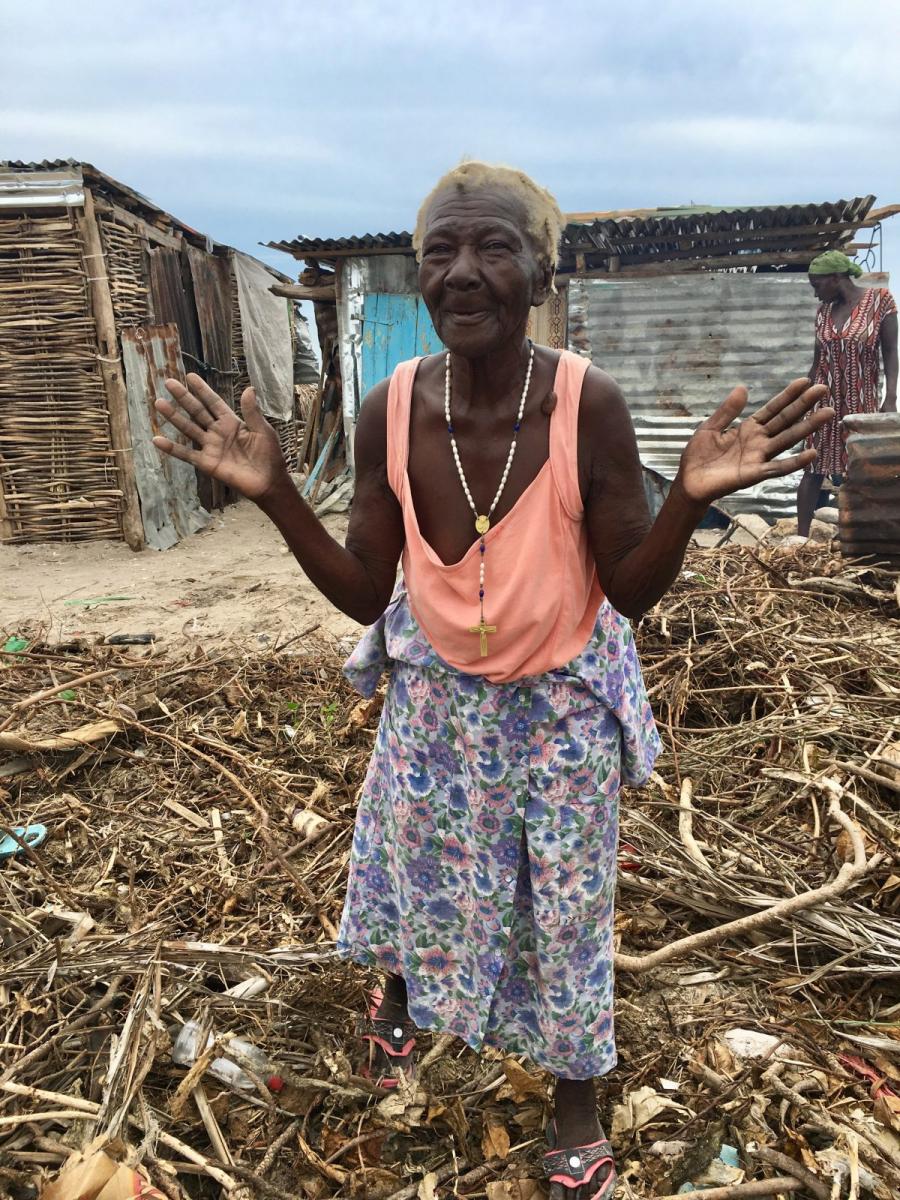 Southern Haiti after Hurricane Matthew–October, 2016
Southern Haiti after Hurricane Matthew–October, 2016
(Photo by John Carroll)
blogs.pjstar.com - by John Carroll, MD - March 31, 2017
The Gallup Poll recently reported that “even before Hurricane Matthew ravaged Southern Haiti in late 2016, the small Caribbean nation was already in deep distress, with more than four in 10 Haitians (43%) rating their lives poorly enough to be considered suffering”. The only country suffering more than Haiti in the world is South Sudan where famine already has been declared in two counties of South Sudan, and 1 million people there are on the brink of dying from a lack of food. Hurricane Matthew struck Haiti last October; according to the U.N. Office for the Coordination of Humanitarian Affairs, the storm left nearly 140,000 Haitians homeless . . .
. . . The hurricane took the people’s lives, homes, chickens, goats, crops, trees, schools, and churches. They had little food and water. They had no money. What was left? . . .
. . . a plea for us to find humanity again. With compassion, followed by action, we would create resilient societies which care for one another.
Recent Comments